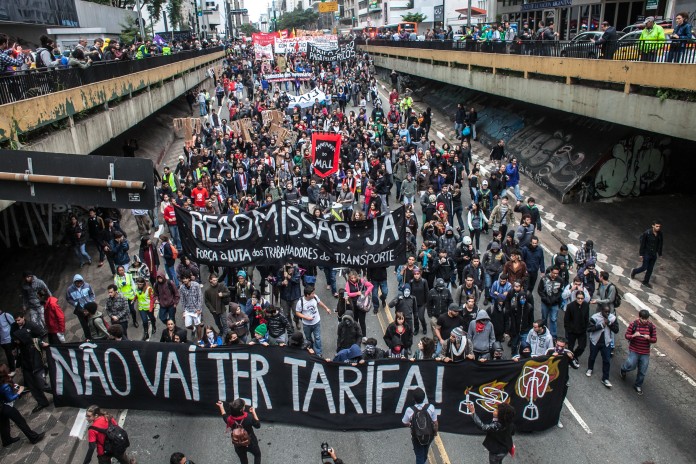
Comical Repast (Banquet of the Starved) James Ensor ca. 1917–18
As we welcome a new year and get ready for the new semester, we at Anthropoliteia would just like to take a moment to reflect on the many exciting changes that occurred here over the course of 2014. We redesigned the site with a snazzy new look. We welcomed several new section editors as well as guest editors and contributors. We launched new features (Book Reviews, DragNet, In the Journals, Interrogations, Practicum and Tip of the Cap), several on-going forums (What’s Going on in Ukraine?, Security in Brazil:World Cup 2014 and Beyond, and #Ferguson & Elsewhere), organized several panels and events at #AAA2014, and even created a new format for Dispatches and Dossiers “From the Field”.
Once we catch our breath, we hope to continue the fun in 2015. Until then, here’s a look back at our most popular posts of 2014:
